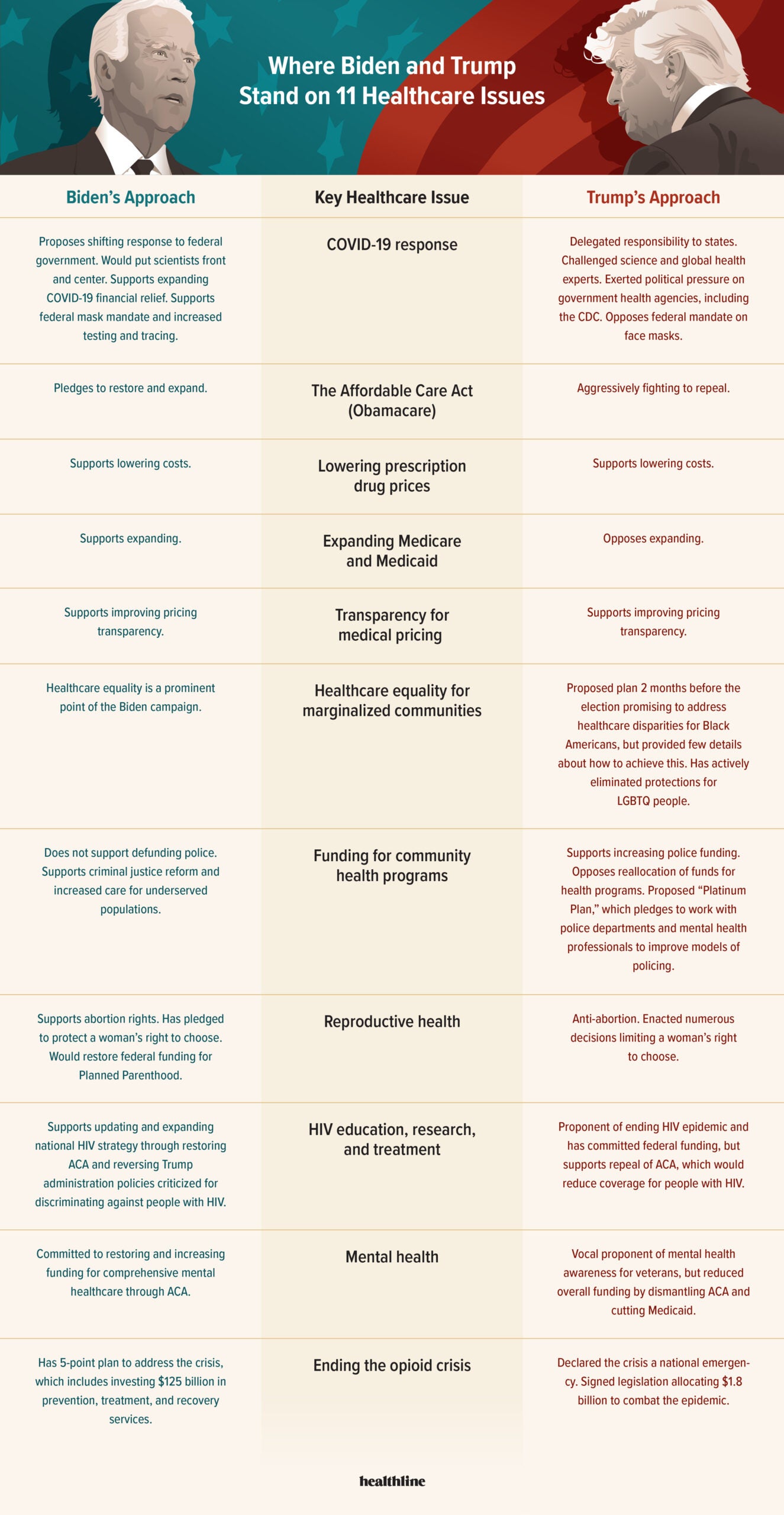Has the United States truly mastered the art of bringing its citizens home, or is the process of hostage negotiation a complex web of political maneuvering and strategic compromises? **The debate over who deserves credit for the release of American hostages, particularly in the context of the Israeli-Palestinian conflict, highlights a significant and often overlooked facet of American foreign policy and its domestic implications.**
Donald Trump, a figure known for his assertive rhetoric and unconventional diplomatic approach, has been vocal in his criticism of President Biden’s strategies, specifically regarding prisoner swaps. He alleges that the current administration has potentially jeopardized national security by trading individuals of questionable allegiance for the freedom of American hostages. This stance underscores a fundamental difference in the philosophies of the two leaders: Trump often prioritizes a more transactional approach, focusing on immediate results, while Biden, aligning with traditional diplomatic channels, emphasizes alliances and long-term strategies. Both approaches have yielded results, but the methods and the consequences differ considerably. The stakes, however, remain universally high: the safety and well-being of American citizens held captive abroad.
| Subject | Details | Notes |
|---|---|---|
| Primary Focus of the Article | Comparison of Joe Biden's and Donald Trump's records on freeing American hostages, particularly in the context of the Israeli-Palestinian conflict. | Focuses on contrasting strategies and outcomes. |
| Key Players |
|
Highlights the involvement of both present and former presidents. |
| Geopolitical Context | The Israeli-Palestinian conflict, specifically the hostage crisis in Gaza involving Hamas. | Provides a context for the negotiations. |
| Methods and Strategies |
|
Details the difference in philosophies of two leaders. |
| Notable Incidents/Situations |
|
Specific events used to compare the leaders' approaches. |
| Criticisms and Accusations |
|
Highlights specific points of contention. |
| Public Sentiment |
|
Illustrates public sentiment and impact on those affected. |
| Bipartisan Work | Both administrations acknowledged the bipartisan efforts in negotiation. | Acknowledges the bipartisan efforts made. |
| Factors Affecting Hostage Recovery |
|
Details the factors affecting hostage recovery. |
| Impact on Allies | The Biden administration is focused on the support of friends and allies for the release of Americans. | Emphasizes the importance of alliances in hostage negotiations. |
The families of hostages, caught in the crossfire of political rhetoric, find themselves in a position of vulnerability, their hopes and fears inextricably linked to the actions of those in power. The opinions expressed in Tel Aviv’s Hostage Square, the epicenter of the protest movement, reflect this emotional complexity. Some harbor reservations about Trump's potential influence, fearing that his policies could exacerbate the situation or undermine the delicate negotiations. The personal stories, like that of Eden, a young boy who moved to Israel in 2022 and was tragically taken hostage in the October 7th attack, bring a human face to the political debate, reminding us of the profound impact of these events on individual lives.
Trump's accusations against Biden, blaming him for the Hamas attack and the resulting hostage situation, further complicate the narrative. These claims, while politically charged, cannot be dismissed outright, as they shed light on the multifaceted aspects of responsibility and the potential for any leader to be held accountable for the safety of American citizens abroad. The timing of any hostage release is a crucial factor, which also falls under the scrutiny. The perception of who deserves credit for a successful outcome is often colored by political considerations, with each side seeking to portray the release as a victory for their approach.
The complexities of hostage negotiations and the strategies of different administrations are under the scrutiny of the public. The involvement of both Trump and Biden teams in negotiating for the release of hostages highlights the bipartisan nature of such endeavors. The Atlantic's account reflects the delicate dance of diplomatic maneuvering, highlighting instances where the incoming president may have played a role in finalizing the deal. Weighing the timing, the diplomatic efforts, and the political posturing is essential for understanding the full scope of any hostage release.
The challenges extend beyond the immediate negotiations. The release of U.S. hostages involves navigating a labyrinth of international relations. The need for cooperation with allies and the potential for strained relationships with certain nations add to the complexity. Moreover, the evolving nature of geopolitical dynamics, as highlighted by Trump's visit to Saudi Arabia, can offer new avenues for diplomacy while creating new uncertainties. The families of hostages, ever hopeful, recognize any opportunity to secure the freedom of their loved ones.
In this high-stakes game of diplomacy, every decision carries weight, and every action is subject to intense scrutiny. The United States continues to grapple with the imperative of protecting its citizens abroad and the political dynamics that shape how those citizens are brought home.



